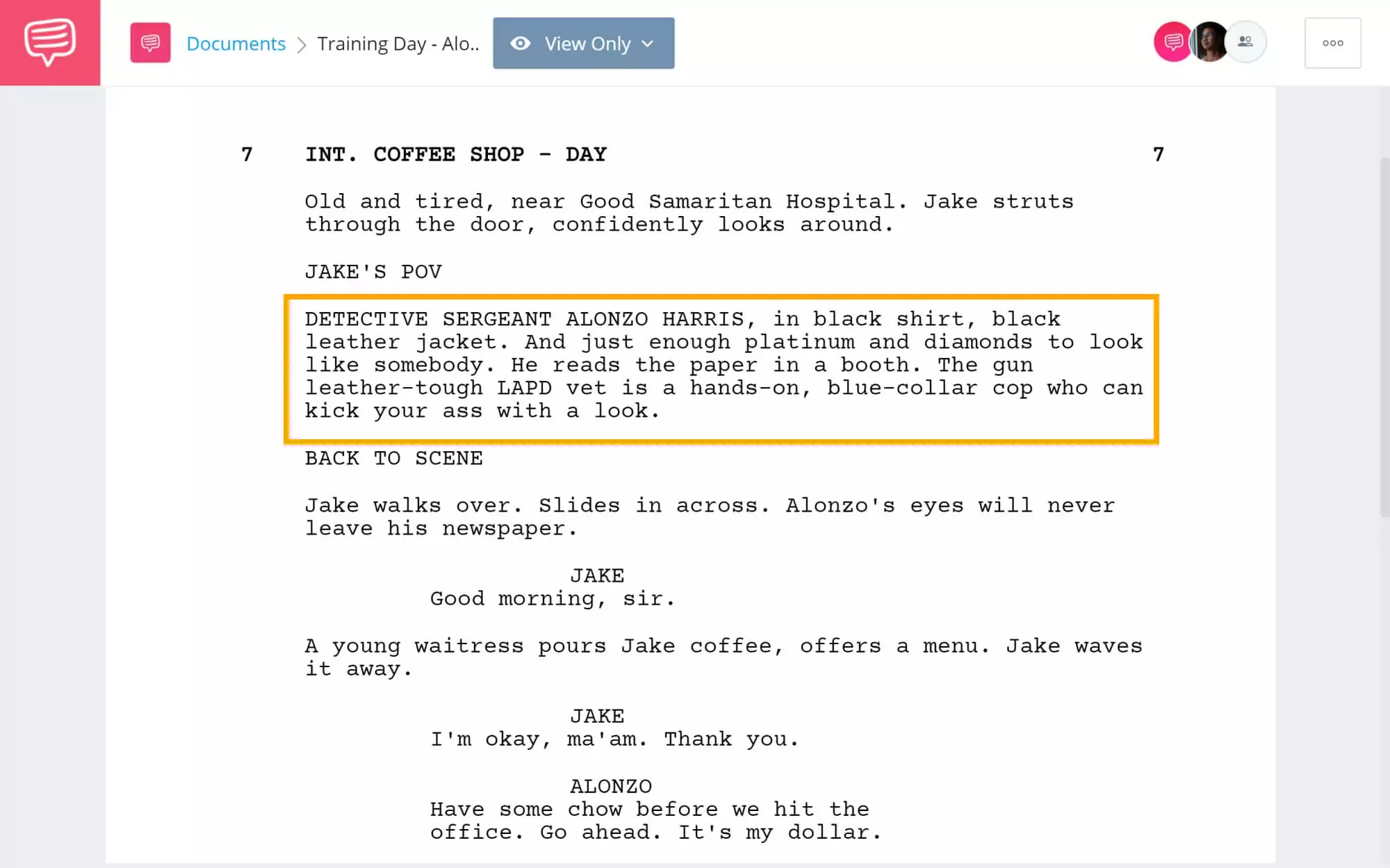Have you ever felt at a loss for words to describe what you are feeling or the point you are making? Odds are you’ve probably turned to using hyperbole. Hyperbole is used throughout common conversations, speech, rhetoric, film, and literature. What is a hyperbole? Why is it so commonly used and what is it effective at communicating? Let’s take a look at the function of this very specific and useful tool.
hyperbole definition and examples
First, let’s define hyperbole
Hyperbole, along with many literary devices, are techniques to better communicate our ideas. What is the definition of hyperbole and how do we distinguish this from other literary devices? Before we present some classic and effective examples, let’s take a look at the hyperbole definition.
Hyperbole Definition
What is a hyperbole?
Hyperbole is a literary device used to draw emphasis through extreme exaggeration. Hyperbole is not meant to be taken literally, but rather understood as a means of communicating something specific. Those who hear or read the hyperbole should understand that it is an exaggeration.
You’ve probably heard common hyperboles in everyday conversations such as “I’m so hungry, I could eat a horse,” “I’ve seen this movie a hundred times,” or “It cost an arm and a leg.”
What is hyperbole used for?
- Describe a feeling
- Emphasize a point
- Comedic delivery
Examples of Hyperbole in a Sentence
Hyperbole examples
Before we break down the many uses of hyperbole, let's quickly review some classic hyperbole examples. As you run through these, you'll be able to see just how common and effective this figure of speech really is.
- I'm so hungry, I could eat a horse
- My feet are killing me
- That plane ride took forever
- This is the best book ever written
- I love you to the moon and back
- The pen is mightier than the sword
- I've told you this 20,000 times
- Cry me a river
As you can see, we either use or encounter hyperbolic language on a daily basis in our everyday speech. So, what does that the hyperbole mean for writers? Whether you're crafting the next great American novel, writing a comedic screenplay, or advertising a product in a commercial, you'll need to have this technique in your toolkit.
If you're writing dialogue, for example, it usually helps to use language that actually sounds how people talk. This is just one way to make that happen. Now, let's look at some specific applications and examples of hyperbole in a sentence.
- “My parents would have about two hemorrhages apiece if I told anything pretty personal about them.” J.D. Salinger, The Catcher in the Rye
Here, Holden Caulfield is emphasizing just how much his parents would freak out if he divulged any information about them. The hyperbole (“two hemorrhages apiece”) not only heightens his point, but also accentuates Caulfield’s distinctive voice.
- “The brightness of her cheek would shame those stars.” William Shakespeare, Romeo and Juliet
Romeo uses hyperbole several times when describing Juliet and his love for her. It’s all very fitting, since their love is so intense.
Vonnegut employs hyperbole to get across just how all-consuming the firebombing of Dresden was, and how horrifying it felt to be in the middle of.
Related Posts
What is a hyperbole used for?
How to use hyperbole in writing
We either use or encounter hyperbolic language on a daily basis in our everyday speech. So, what does that mean for writers? Whether you’re crafting the next great American novel, writing a comedic screenplay, or advertising a product in a commercial, you’ll need to have this technique in your toolkit.
If you’re writing dialogue, for example, it usually helps to use language that actually sounds how people talk. Let’s take a look at the use of hyperbole to that effect in this scene from National Lampoon’s Vacation, which we imported into StudioBinder’s screenwriting software:
In this scene, Ellen is fed up with Clark. His tireless pursuit for a great vacation has made him ignore the actual dynamics and needs of the family around him. To cut through to him, Ellen uses hyperbole in this sentence to throw his pursuit in his face: “Tomorrow you’ll kill the desk clerk, hold up a McDonalds…”
Of course, Ellen doesn’t actually think Clark will do this. But she’s making a point: his grand plans are constantly backfire, and are the opposite of fun.
So the next time you’re writing, consider using some hyperbole to spice up your work. If you do, it will be the greatest thing ever written, invariably causing readers to faint with excitement.
Related Posts
UP NEXT
What is a Simile?
Along with hyperbole, the simile is a common literary device used to emphasize a point. Rather than exaggeration, similes use comparison. Learn more about the simile in our next article where we analyze the simile definition as well as examples from film and literature.

